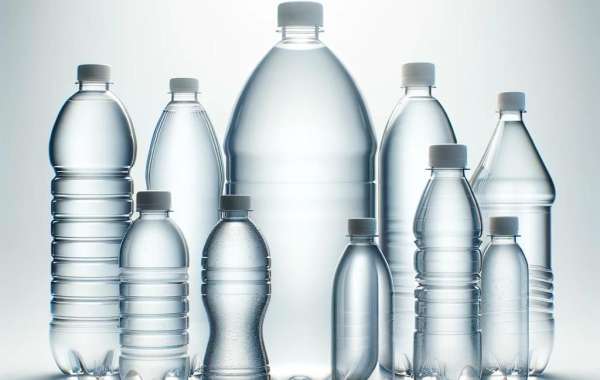Hello, I'm Krystina Holden, and today I want to explore a topic that's not only important for our environment but also for future generations: the environmental benefits of using glass bottles over plastic alternatives in New Zealand. Whether it's your morning milk or your favourite beverage, the choice of packaging matters. Let’s delve into why glass bottles are a better option and how they can contribute to a more sustainable future for New Zealand.
Sustainability and Reusability
One of the key environmental benefits of glass bottles is their sustainability and reusability. Unlike plastic, glass can be reused multiple times without degrading in quality. This means that a single glass bottle can be used, cleaned, and reused over and over again, reducing the need for new bottles to be produced.
- Less waste: The reusability of glass bottles significantly reduces waste. In New Zealand, where the emphasis on reducing landfill waste is growing, this is a crucial benefit.
- Circular economy: Glass bottles fit perfectly into a circular economy model, where products are reused, repaired, and recycled, rather than being disposed of after a single use.
In contrast, plastic bottles are typically used once and then discarded, contributing to the growing problem of plastic waste. By choosing glass bottles, you're not just reducing waste but also promoting a more sustainable way of living.
Recycling Efficiency
Glass bottles are not only reusable but also highly recyclable. In New Zealand, glass recycling is well-established, with facilities capable of processing large volumes of glass waste. The process of recycling glass is straightforward and results in minimal loss of material.
- High recycling rates: Glass bottles have one of the highest recycling rates among packaging materials. When recycled, they can be turned into new bottles or other glass products, maintaining the material’s quality.
- Energy savings: Recycling glass saves energy compared to producing new glass from raw materials. This is because the melting point of recycled glass is lower, reducing the energy required in production.
Plastic recycling, on the other hand, is more complex and less efficient. Not all plastics can be recycled, and those that are often degrade in quality, limiting their reuse. Glass, with its infinite recyclability, stands out as a more environmentally friendly option.
Health and Safety
When considering the environmental benefits, it's also important to think about health and safety. Glass bottles, including those used for milk and beverages, do not leach chemicals into their contents. This is a significant advantage over plastic alternatives, which can release harmful substances, especially when exposed to heat.
- Chemical-free: Glass is a non-reactive material, meaning it doesn’t interact with the contents it holds. This ensures that the product remains pure and uncontaminated.
- Safe for repeated use: Glass bottles can be safely used and reused without the risk of chemical contamination, making them ideal for everyday use.
Plastic bottles, particularly when reused, can pose health risks due to chemical leaching. By opting for glass bottles, you're choosing a safer, more reliable option for storing food and beverages.
Aesthetics and Consumer Appeal
Another often overlooked benefit of glass bottles is their aesthetic appeal and the positive consumer perception they generate. Glass has a premium feel and look, which enhances the overall experience of the product it contains.
- Brand perception: Products packaged in glass are often perceived as higher quality. This can enhance brand reputation and consumer trust, especially for products like milk and beverages.
- Reusable packaging: Glass bottles are more likely to be reused by consumers, whether for storage or decoration, further reducing waste and extending the life of the packaging.
Plastic, while practical, often lacks the aesthetic appeal of glass. By choosing glass, brands can appeal to environmentally conscious consumers who are looking for sustainable and stylish packaging options.
Final Thoughts and Call to Action
In summary, the environmental benefits of using glass bottles over plastic alternatives in New Zealand are clear. From sustainability and reusability to recycling efficiency, health, and consumer appeal, glass bottles offer a range of advantages that make them a superior choice. By making the switch to glass, you can contribute to a cleaner, healthier environment and support a more sustainable future for New Zealand.
At Comag Packaging, we offer a wide range of glass bottles, including milk bottles, designed to meet the needs of both businesses and consumers. If you’re looking to make a positive impact on the environment and enhance your product offering, consider choosing glass bottles. Explore our selection today and take the first step towards a more sustainable packaging solution.








